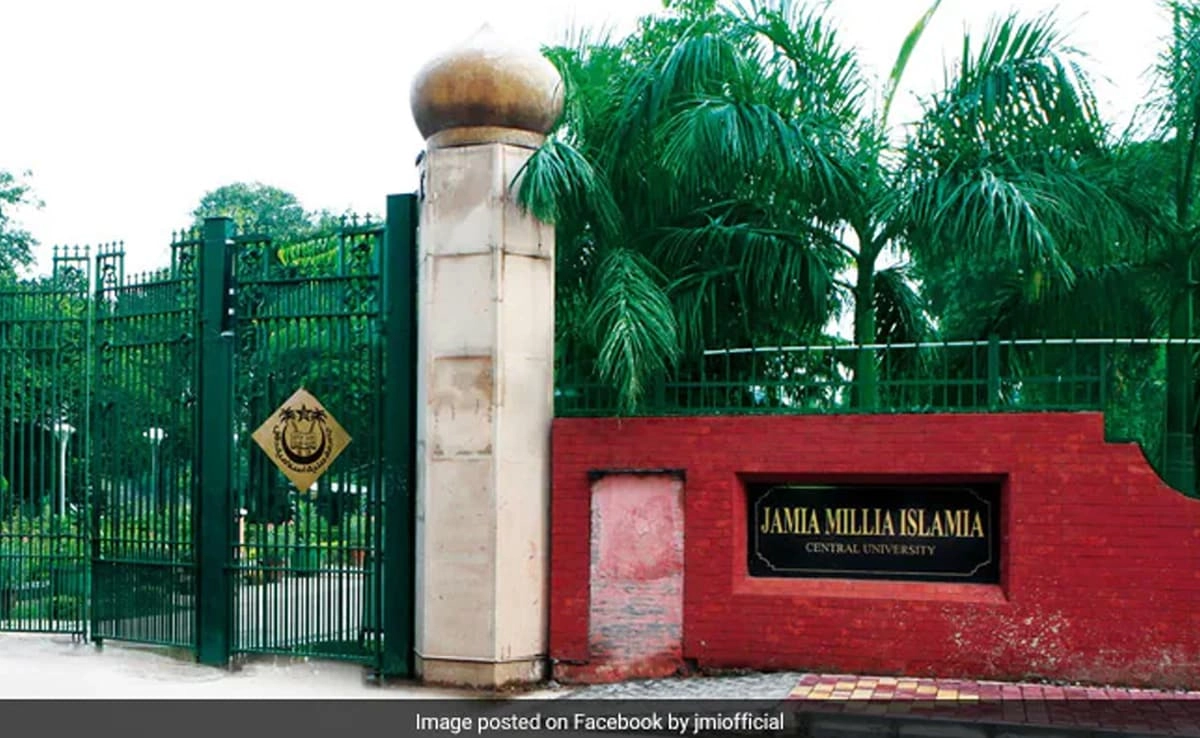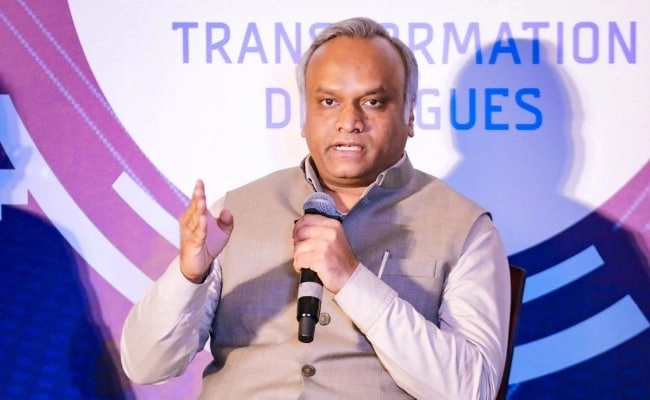In recent developments, several prominent Indian universities, including Jawaharlal Nehru University (JNU), Jamia Millia Islamia, and a university in Hyderabad, have taken a bold stance in light of Turkey’s perceived support for Pakistan. These institutions have initiated a movement dubbed ‘Cancel Turkey’, which aims to call attention to Turkey’s diplomatic alignment with Pakistan, particularly in the context of ongoing geopolitical tensions between India and Pakistan. This initiative reflects a growing sentiment among students and faculty who are concerned about Turkey’s role in influencing the regional dynamics that affect India’s security and diplomatic interests.
The ‘Cancel Turkey’ movement has gained traction on these campuses, fostering discussions around international relations, national security, and the responsibilities of academic institutions in political matters. Students and activists argue that Turkey’s support for Pakistan undermines India’s sovereignty and exacerbates existing conflicts in the region. Through protests, social media campaigns, and discussions, participants in this movement are advocating for a reassessment of academic and cultural ties with Turkey, calling for universities to reconsider collaborations that may inadvertently endorse Turkey’s stance on issues pertinent to India.
This initiative is not only a reflection of the students’ political engagement but also highlights the critical role of academic institutions in shaping public discourse. By voicing their dissent against international policies that they perceive as detrimental to India’s interests, these universities are asserting their influence in the broader socio-political landscape. The movement has sparked debates on the ethical implications of international partnerships in academia, prompting students and faculty alike to reassess the implications of global affiliations in a world increasingly defined by geopolitical tensions.
As the ‘Cancel Turkey’ movement continues to evolve, it raises significant questions about the intersection of education, politics, and national identity. The actions taken by JNU, Jamia, and the Hyderabad university serve as a reminder of the power of student activism in shaping national discourse. With geopolitical tensions ever-present, the response from these universities may resonate beyond their campuses, urging a reconsideration of how countries engage with one another academically and politically.




